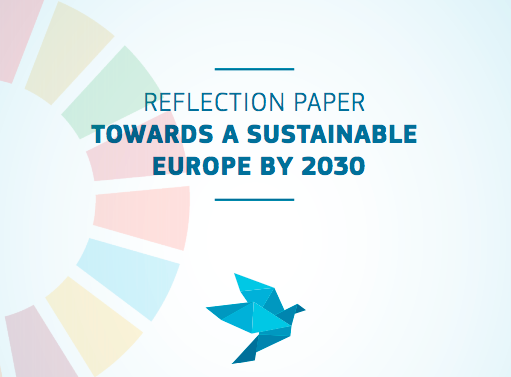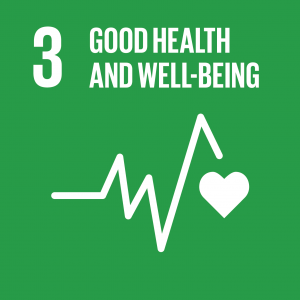The Drug Policy Network South Wast Europe hosted a webinar to present the recently published data related to harm reduction and HIV/AIDS in South East Europe on 26 November 2024. Besides presenting the data, it was an opportunity to discuss ways in which data should be more reliable and how to integrate data collected by civil society organisations in govrenmental reporting.
Following the welcome address by Nebojša Đurasović, DPNSEE President, we had excellent presentations:
- Global State of Harm Reduction report – presented by Colleen Daniels, Deputy Director and Public Health Lead, Harm Reduction International (2024 available here>>>)
- Harm Reduction in South East Europe – Marios Atzemis, DPNSEE Board member (available here>>>)
- Civil Society Monitoring of Harm Reduction in Europe – Iga Jeziorska, Senior Research Officer, Correlation – European Harm Reduction Network (available here>>>)
- HIV/AIDS surveillance data for South East Europe (data from the European Centre for Disease Prevention and Control – ECDC) – Milutin Milošević, Executive Director, DPNSEE (available here>>>)
In addition, DPNSEE had sent data by countries and territories to its member organisations and governmental institutions. You can also download them here:
Albania Bosnia and Herzegovina Bulgaria Croatia Greece Kosovo*
Montenegro North Macedonia Romania Serbia Slovenia Turkey
DPNSEE informed that the European Centre for Disease Prevention and Control – ECDC will publish the HIV/AIDS surveillance in Europe 2024 (2023 data) report on 28 November at https://www.ecdc.europa.eu/. DPNSEE will process the new data and prepare new visuals in early 2025.



